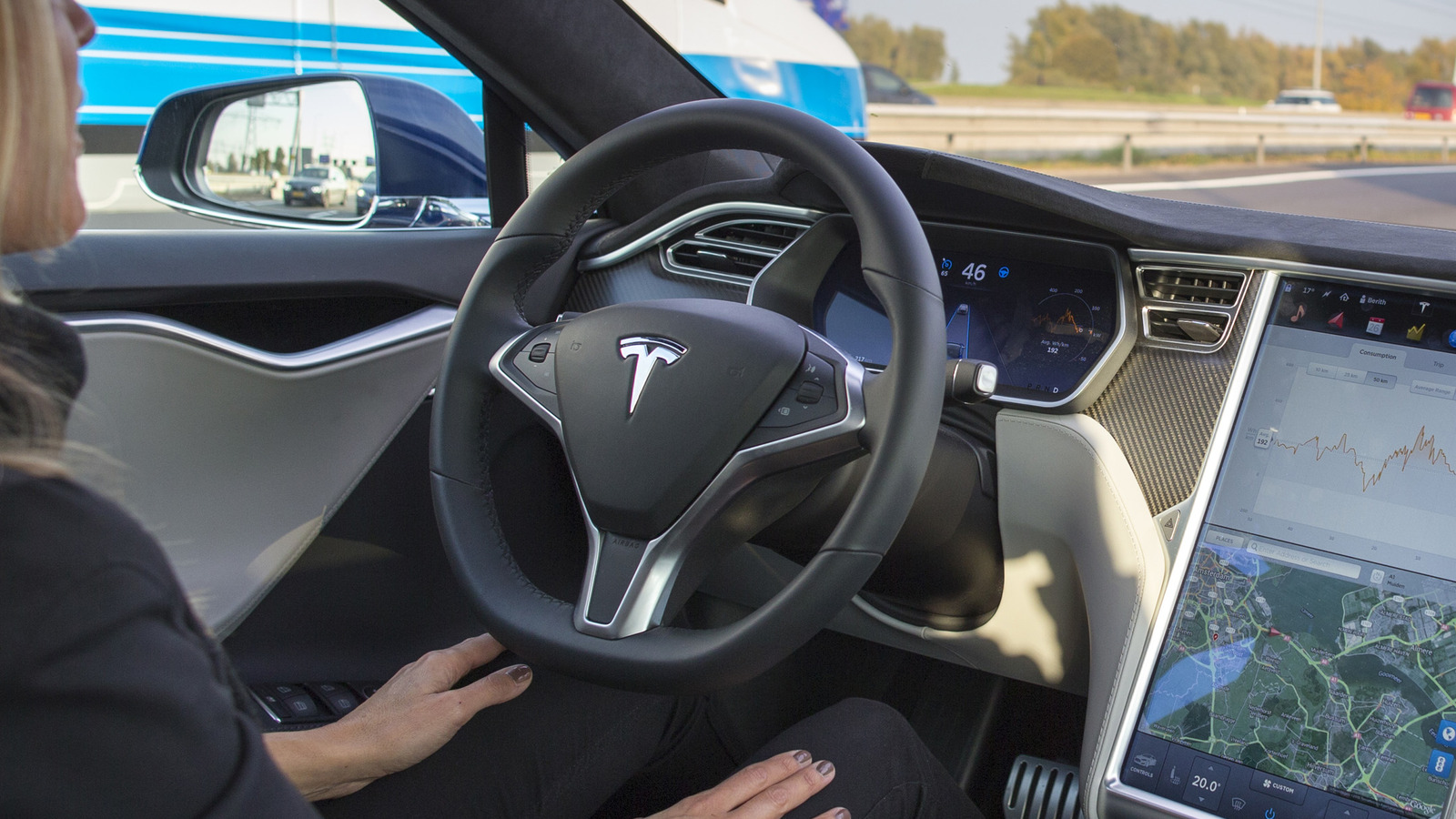
Tesla has been working on its FSD and Autopilot tech for years, creating a sophisticated hardware-software integration that allows its car to read the environment in real-time and simultaneously accomplish tasks like controlling the car speed, automatically steering on city streets, reacting according to traffic lights, changing lanes, automatically parking, and more. On Twitter in April 2023, Musk claimed that “Tesla self-driving is by far the most advanced real-world AI.” Integrating it with high safety standards and efficiency on another brand’s electric cars won’t be an easy task, and it might take years to achieve the same level of software-hardware harmony that is found in Tesla cars.
Assuming Tesla can solve the compute woes using blistering-fast supercomputers like Dojo, safety would still be critical. Tesla has had a rough record with Autopilot and FSD in that regard. The NHTSA has launched multiple investigations into Tesla car crashes where the driver assist tech was involved. With all the technical execution challenges in tow — and more importantly, a troubled history with driver safety — it may not be easy for Tesla to find as many takers for its FSD licensing offer as it did with the NACS charging standard. But at the same time, EV makers may be lured by the opportunity to circumvent the years and millions of dollars it would take to develop their own driver-assist tech on par with Tesla’s system.
Stay connected with us on social media platform for instant update click here to join our Twitter, & Facebook
We are now on Telegram. Click here to join our channel (@TechiUpdate) and stay updated with the latest Technology headlines.
For all the latest Automobiles News Click Here
